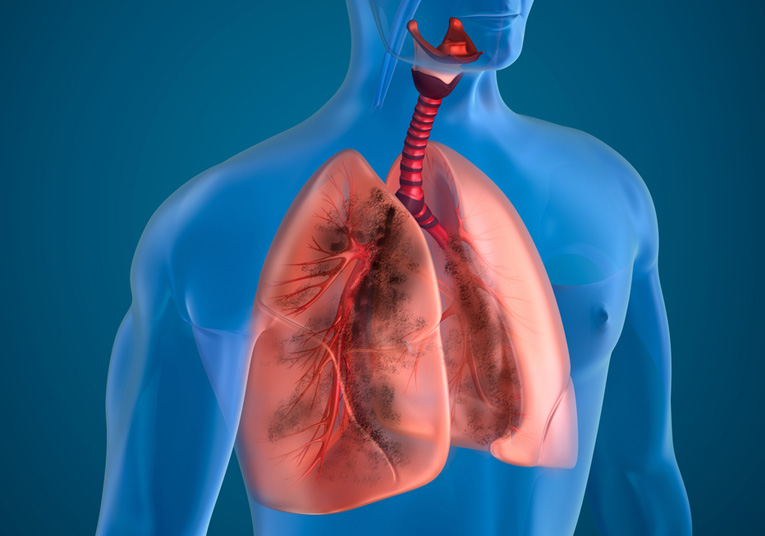
20 Sep
Lung disease
Lung disease is any problem in the lungs that prevents the lungs from working properly. There are three main types of lung disease:
- Airway diseases - These diseases affect the tubes (airways) that carry oxygen and other gases into and out of the lungs. They usually cause a narrowing or blockage of the airways. Airway diseases include asthma, emphysema, bronchiectasis, and chronic bronchitis.
- Lung tissue diseases - These diseases affect the structure of the lung tissue. Scarring or inflammation of the tissue makes the lungs unable to expand fully (restrictive lung disease). This makes it hard for the lungs to take in oxygen and release carbon dioxide. they are not able to breathe deeply. Pulmonary fibrosis and sarcoidosis are examples of lung tissue disease.
- Lung circulation diseases - These diseases affect the blood vessels in the lungs. They are caused by clotting, scarring, or inflammation of the blood vessels. They affect the ability of the lungs to take up oxygen and release carbon dioxide. These diseases may also affect heart function. An example of a lung circulation disease is pulmonary hypertension.
The most common lung diseases include:
- Asthma - Asthma is a chronic (life time) disease that makes your lungs very sensitive and hard to breathe. Asthma can’t be cured, but with proper treatment, people with asthma can lead normal, active lives.
- Bronchitis - Bronchitis means swelling in your air passages (bronchi). Bronchi are the air passages that connect your windpipe (trachea) with tiny air sacs (alveoli) in your lungs.
- Chronic obstructive pulmonary disease (COPD) - Chronic Obstructive Pulmonary Disease (COPD) is a lung disease that includes chronic bronchitis and emphysema.
- Chronic Cough -It is normal to cough occasionally, especially if you have a cold, flu or allergies.
- Influenza- The flu is a highly contagious illness caused by the influenza virus. The influenza virus causes infections of the nose, throat and lungs.
- Lung cancer - Lung cancer is cancer that starts in the lungs. Cancer is a disease where cancer cells grow out of control, taking over normal cells and organs in the body.
- Pneumonia- Pneumonia (nu-MO-ne-ah) is swelling (inflammation) of one or both lungs that is usually caused by an infection. Many different germs can cause pneumonia, including bacteria, viruses, and fungi.
- Pulmonary Embolism- Pulmonary embolism happens when one or more of your arteries in your lungs gets blocked by a blood clot, fat or tumour.
Disease
Most Commented
Popular tags
BestHeartSurgery
BestHeartSurgery is a comprehensive information portal that gives both the common man and medical professionals.

